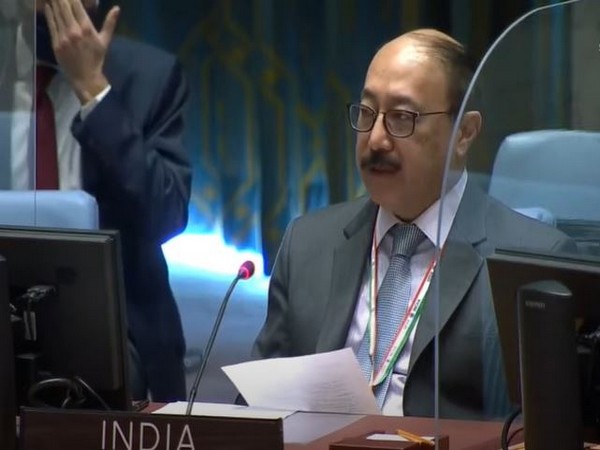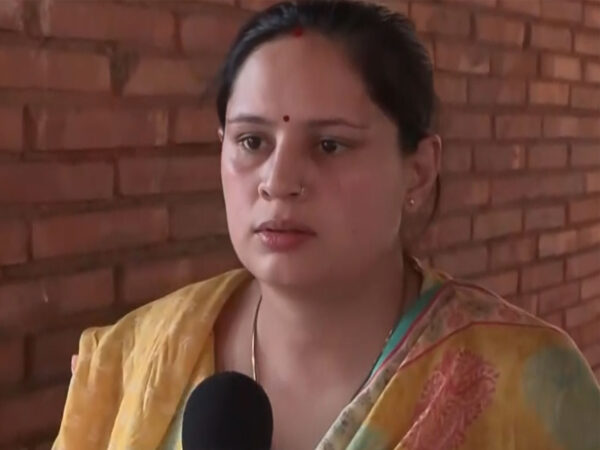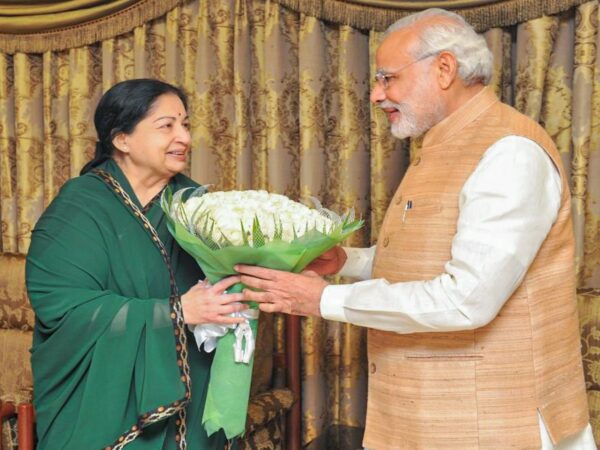
CTBT Does Not Address Concerns Raised By India: Foreign Secy Shringla At UNSC
While speaking at the United Nations Security Council (UNSC) meeting on Monday, Foreign Secretary Harsh Vardhan Shringla said that Comprehensive Nuclear-Test-Ban Treaty (CTBT) does not address a number of core concerns raised by India.
Shringla cited this as a major reason behind India’s non-participation in the treaty. His remarks came while addressing the United Nations Security Council meeting on ‘Non-proliferation of weapons of mass destruction: Comprehensive Nuclear-Test-Ban Treaty’ (CTBT).
“India had participated in the negotiations of the draft CTBT in the Conference on Disarmament. But, India could not join the Treaty as the Treaty did not address a number of core concerns raised by India,” Foreign Secretary said at the UN Security Council meeting.
During the address, Shringla also said India is committed to the goal of a nuclear weapon-free world and urged the international community for the elimination of nuclear weapons from the world.
“We believe that this goal can be achieved through a step-by-step process underwritten by a universal commitment and an agreed global and non-discriminatory multilateral framework, as outlined in India’s Working Paper on Nuclear Disarmament submitted to the UN General Assembly in 2006,” Shringla said.
During the address, Foreign Secretary also added that “India maintains a voluntary, unilateral moratorium on nuclear explosive testing.”
India was the first country to call for a ban on nuclear testing in 1954 and a non-discriminatory treaty on the non-proliferation of nuclear weapons, as distinct from non-dissemination, in 1965.
With the objective of strengthening non-proliferation architecture, India has also joined various export control regimes namely, Australia Group, Wassenaar Arrangement, Missile Technology Control Regime and has harmonized its controls with the Nuclear Suppliers Group lists.
Meanwhile, Foreign Secretary also urged that the international community should continue to work towards realizing the collective aspiration for a nuclear weapon-free world. (ANI)



